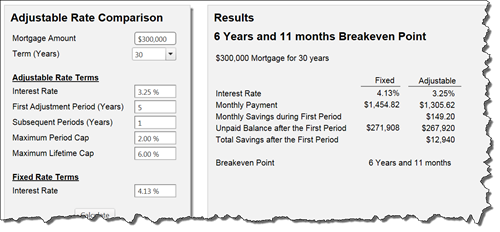Save on Homeowner's Insurance
Insurance is a way to hedge the risk of a possible loss on an asset that a person or entity cannot afford. The cost of the coverage is determined by risk and exposure to the insurer and reflected in the premium.
Another way to say it is: don’t buy insurance when you can afford the loss. If you have a mortgage on your home, you must have insurance. It is probably prudent for most people to have property insurance but certain coverage might be avoided because you can afford the loss if you were to have an occurrence.
- Call your current agent and review your insurance coverage. Ask if there are any available discounts whether your property qualifies for now or after certain improvements are made. Monitored alarm systems, dead bolts, smoke detectors, updated electrical, certain types and ages of roofs among other things may be eligible for individual discounts.
- Compare the newly revised coverage and premium with other reputable agencies and insurers. Shopping can be time consuming but experts agree that the exercise can be valuable and should be considered every few years.
- Deductibles are an easy way to affect the premium based on the initial amount of loss that the insured wants to assume. The higher the deductible, the lower the premium. Determine the amount of risk you want to assume and select an appropriate deductible.
- Consider bundling your home and auto policies for possible discounts and leverage for better service.
- Don’t become a co-insurer. Most policies stipulate that a building must be insured for at least a certain percentage, usually 80% of its insured value to be able to collect the full amount of a partial loss. Insured value is not always the same as market value. The land is not considered in the value but replacement cost of the dwelling is.
It isn’t possible to purchase insurance after a loss; it must be purchased before a loss is incurred. Premiums are based on careful analysis of insurer’s loss and overhead expense plus a profit. As a homeowner and an insured, it would be equally wise to analyze coverage, claim service, your risk tolerance and the premium you’ll pay for that coverage.






